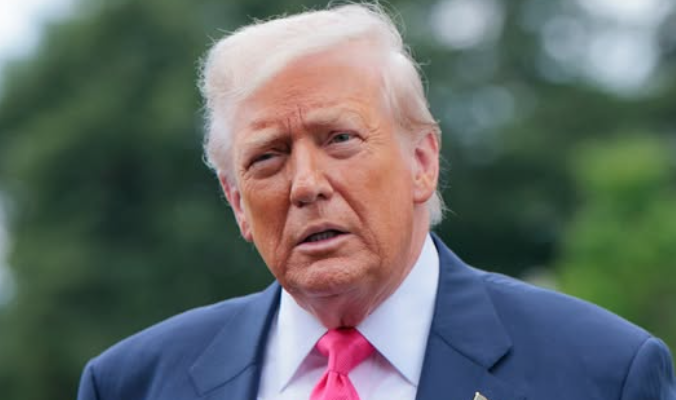Whistleblower Alleges Adam Schiff Approved Leaks of Classified Information to Damage Donald Trump
In a startling development with potential political and legal implications, recently declassified FBI documents detail a whistleblower’s claim that Senator Adam Schiff, a California Democrat and former chair of the House Intelligence Committee, authorized the leaking of classified information with the intent to politically damage then-President Donald Trump during the height of the Russia investigation.
These revelations have reignited debate over the ethics and legality of intelligence operations within Congress and fueled renewed accusations from Trump and his allies that elements of the government were weaponized to undermine his presidency. Schiff has categorically denied the allegations, dismissing them as false and politically motivated.
The Whistleblower’s Allegations
The allegations come from a longtime House Intelligence Committee staffer, described as a Democrat-leaning intelligence professional with more than a decade of experience. According to declassified FBI interview summaries known as “302s,” the whistleblower first reported his concerns to federal investigators in 2017, at the height of the Trump-Russia investigation.
The whistleblower claimed that Schiff convened a staff meeting in which he explicitly approved a plan to leak classified information to selected media outlets. The intent, the whistleblower alleged, was to damage President Trump politically and build momentum for an indictment or impeachment.
According to the whistleblower, Schiff assured staffers that their actions would be legally protected under the U.S. Constitution’s Speech or Debate Clause, which grants members of Congress broad immunity for actions taken as part of their legislative duties. The staffer, however, described Schiff’s plan as “unethical,” “illegal,” and “treasonous,” emphasizing that such leaks could endanger national security and violate the Espionage Act.
The whistleblower further claimed that after raising ethical concerns, he was fired from the committee—allegedly due to a perceived lack of partisan loyalty. He told the FBI that leaking classified information had become standard behavior within the committee under Schiff’s leadership.
Additional Claims About Swalwell and Media Coordination
The whistleblower also pointed to Rep. Eric Swalwell (D-CA) as a frequent participant in leaking classified material. He alleged that certain intelligence reports were deliberately funneled to sympathetic journalists, with stories appearing in major newspapers—such as The Washington Post and The New York Times—just days after staff had reviewed the materials in private, secure settings.
One particular case involved a document discussed by only a small group of committee staff, including Schiff and Swalwell, which the whistleblower said appeared in the press almost verbatim within 24 hours. He claimed this timing was too close to be coincidental and indicated a clear breach of security protocols.
Legal Complications: Speech or Debate Clause and Statute of Limitations
While the allegations are severe, the possibility of criminal prosecution appears unlikely. According to multiple sources familiar with the matter, the Department of Justice (DOJ) declined to pursue charges based on the Speech or Debate Clause, which can shield members of Congress from legal liability for legislative acts, even if those acts include sharing classified information in certain contexts.
Additionally, since the initial events reportedly occurred in 2017, legal experts say statute of limitations may prevent most criminal charges from moving forward even if new evidence is introduced.



